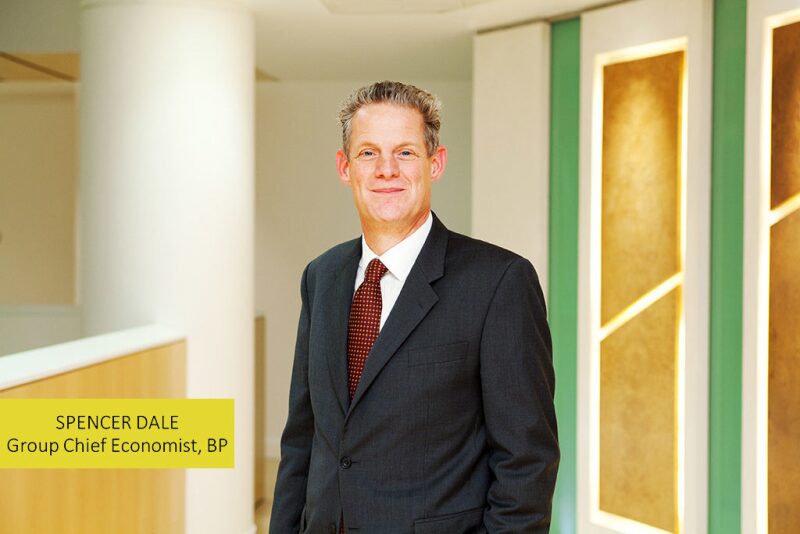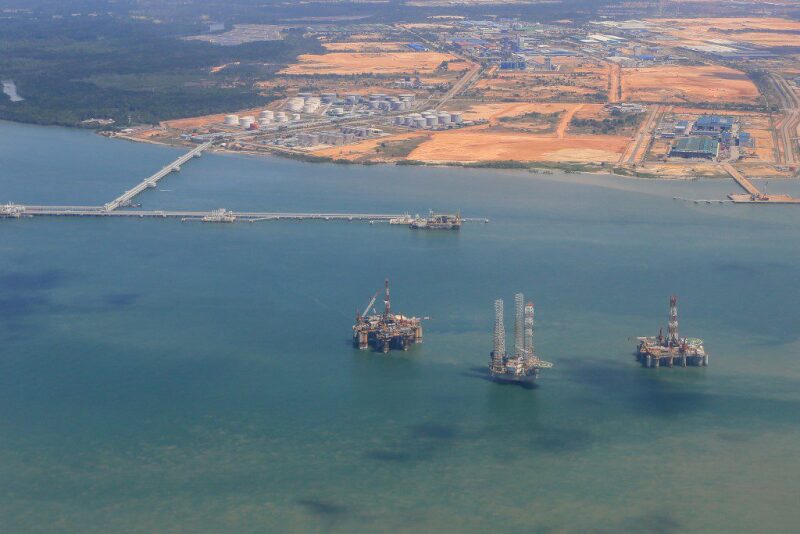
This is Part II of the interview. Click here to read Part I.
What was the atmosphere at the Bank of England during the 2008 financial crisis? What did you learn from that experience?
It was scary because the economy was in freefall and we were rapidly running out of the standard policy tools we were used to. We had to react very quickly and think of new ways to support the economy and try to solve and mitigate some of the problems.
I learned that in these types of situations you have to be very open-minded. You have to think about different ways to respond in creative and unconventional ways.
In addition to being open-minded, you have to have the confidence and courage to be decisive. In a world of uncertainty, the ability to assess the available opportunities and say, “this is the way to go,” is really powerful.
While many people freeze under so much pressure and uncertainty, sometimes a decision is important even if, in hindsight, it is not the perfect one. Just doing something clearly and firmly in a committed way is quite important.
How does the energy market differ from financial markets?
An interesting difference between the two is that oil markets have to clear every day. Over the past 18 months, we have had around 1 million barrels of oil produced each day that no one wants to consume the following day. But someone has to buy that oil in order for the market to clear; as a result, oil prices fall until they are low enough to make someone buy that oil. And when they buy it, they have to stick it in storage and hope that at some point in the future they can sell it for a profit. The clearing process is why this 1-million-barrel surplus can have such a huge impact even though it is only 1% of a 90-million-B/D market.
Moving Oil and Gas to Markets
Similar to oil pricing benchmarks, refining margins can be benchmarked against three major global refining centers: US Gulf Coast, North West Europe, and Singapore. Are refining margins similar in each of these centers? If not, what causes them to differ?
In the near term, you will see significant differences across those refining centers basically due to the differences across refineries, e.g., their complexity, the nature of their processes, longevity, and even location; however in the long run we expect those differences to be equated.
Quite an extreme example is the ban on US crude exports. It essentially meant that crude had to be refined in North America, which provided a monetary benefit for refiners in the region because they were a captive market for that crude.
Now that the ban has been lifted, that provides a natural ceiling on the Brent/WTI [West Texas Intermediate] differential, because if it gets too wide you will see US crude getting exported to refiners in Europe.
In the long run you would expect these things to balance out, but in the short run the differences in the complexities of the refineries, their ages, and locations will matter.
It is too tempting for us not to ask a chief economist: Will oil get back to USD 60/bbl?
I do not know where oil prices are going to go. I think we are in a phase where the market will gradually rebalance. We have seen a significant buildup of crude stock and it will take a while for those stocks to wear off. I do think we will see a gradual rise of prices over the next few years; however, it is hard to know how quickly and what path that will take.
Advice to Young Professionals
Part of your job involves explaining complicated upstream, midstream, and downstream details in public settings. Is there any advice you can give young professionals about how to practice for effective public speaking?
The best public speakers I know are the ones who know it is really hard to do public speaking. One of my old bosses was one of the best public speakers I have ever seen. He was constantly practicing even late into his career. He had this personal coach who would always come along and sit in the back of the room to observe and take critical notes on how he performed, and then would give them back afterward to make sure he continued to improve. The people who are good public speakers, who make it look effortless, are typically the ones who have worked really hard to make it look effortless. So do not think that preparing the slides and presentation is the end of the work; go through it five times in your room, on your own, speaking it out loud. Secondly, do not just think about what you want to say, think about what your audience is interested in and make sure you change how you say and what you say to fit their needs.
Do you still get nervous when you are speaking in public?
Yes! Always be nervous.
When I roll out something like the BP Energy Outlook or the BP Statistical Review of World Energy, I will go on a roadshow and often do the same presentation two or three times a day. I will still try and make sure I get nervous before doing each one because that is the way you make sure you care and deliver a powerful presentation.
The price collapse of oil has caused a significant number of young oil and gas workers to seek new industries for employment, despite how much emphasis has been placed on "the great crew change." From an economist’s perspective, what do you think the long-term repercussions will be from this? Do you think college graduates should consider entering the energy industry? Or is it too volatile, too risky?
I do think college graduates should carry on entering the energy industry and indeed it is important that they do. I think it is an enormously exciting next 20 or 30 years. We are likely to see significant increase in global energy demand over the next 20 years—much of that coming from fast-growing Asian economies—and we need to make sure we have the plentiful supplies of energy to enable those countries to grow. Even though renewable energy will grow very rapidly, there will be significant demand for oil and gas, and we need to make sure people are entering the energy industry—both in terms of oil and gas and renewables—to make sure we are meeting those increasing energy demands.
The other thing that struck me is that the nature of the energy industry over the next 20 to 30 years will change very dramatically. Technology is likely to have a huge role to play. Being involved in an industry which is allowing and enabling economic growth, enabling billions of people to be lifted out of low incomes into middle incomes, and being at the cutting edge of new technology and emerging economies seems to me an enormously exciting industry to be in.
Yes, I accept that energy is unpredictable, and it is volatile, and it will change dramatically over the next 20 years, but that just makes it more exciting to be in.
And frankly, I’m not sure there is any industry which is going to be very stable over the next 20 years with the way the world is likely to change.
So yes, I think a career in energy and a career in oil and gas still looks

